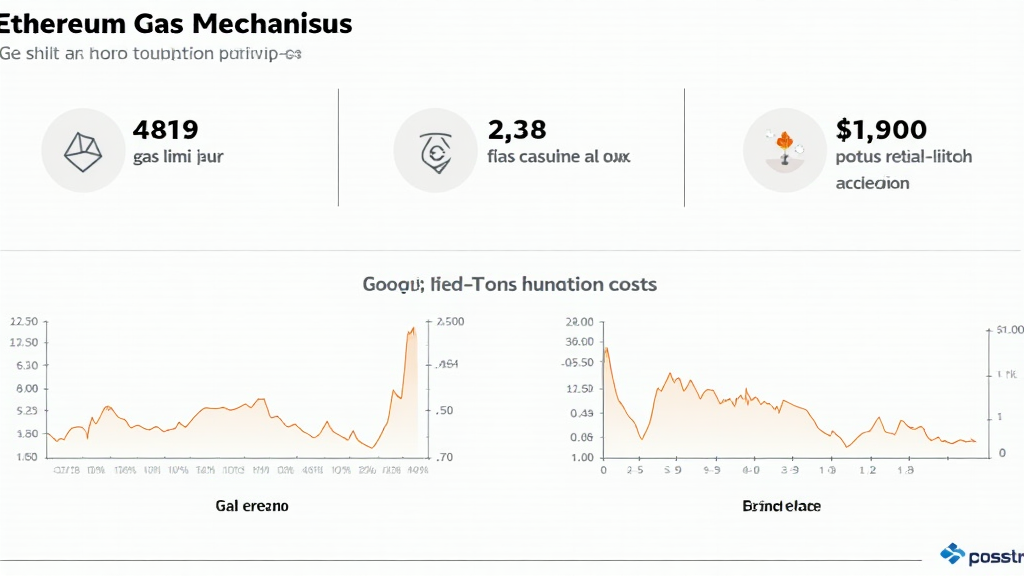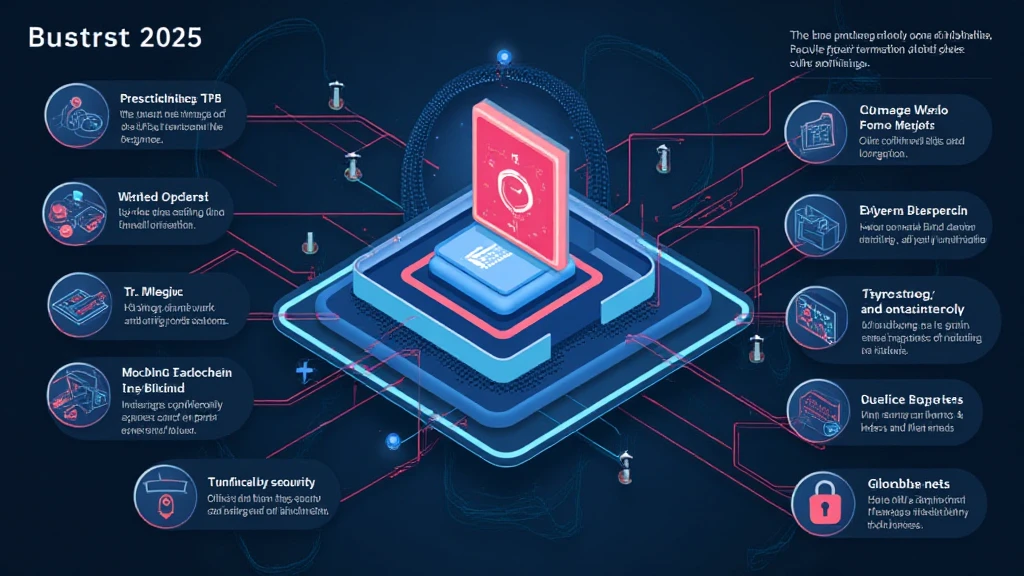Introduction
In 2024, the blockchain industry witnessed $4.1 billion lost to various DeFi hacks, emphasizing the importance of security and efficiency in digital transactions. For Ethereum, one of the most prominent blockchain platforms, understanding Ethereum gas is fundamental for users and developers alike. Gas refers to the unit that measures the amount of computational effort required to execute operations, ensuring that transactions are processed smoothly and securely.
This article provides an in-depth exploration of Ethereum gas, its significance, and how it impacts the Ethereum ecosystem. By grasping these concepts, you can navigate the Ethereum landscape effectively, whether you’re a developer, investor, or enthusiast.
The Concept of Ethereum Gas
Ethereum gas is a crucial aspect of the Ethereum network that enables transactions and interactions with smart contracts. It can be understood as follows:

- Transaction Fees: Gas is primarily related to transaction fees that users pay to miners to process transactions.
- Unit of Measurement: Gas measures the computational work required for various operations, with different operations requiring different amounts of gas.
- Market Dynamics: Gas prices fluctuate based on supply and demand. High network usage leads to increased gas fees.
Think of gas like the fuel needed to keep your car moving. Just as your vehicle requires fuel to function, Ethereum requires gas to complete transactions effectively.
Why is Ethereum Gas Important?
Ethereum gas serves as the backbone of transaction processing on the Ethereum blockchain. Let’s break down its importance:
- Resource Allocation: Gas ensures that computational resources are allocated efficiently. Miners are incentivized to process transactions that offer higher gas prices.
- Network Security: By paying gas fees, users contribute to the network’s security. Miners earn rewards for validating transactions, which helps maintain the integrity of the blockchain.
- Transaction Prioritization: Users can set higher gas fees to prioritize their transactions during peak times, ensuring quicker processing.
In essence, Ethereum gas is akin to the tolls required on a highway to fund road maintenance and keep traffic flowing smoothly.
How Ethereum Gas Fees Work
The mechanics underlying gas fees can be a bit complex, but they boil down to a few key concepts:
- Gas Limit: This is the maximum amount of gas a user is willing to spend on a transaction. Setting too low may result in a failed transaction.
- Gas Price: Expressed in Gwei (a fraction of ETH), this determines how much a user is willing to pay per unit of gas. Network demand influences this price.
- Total Transaction Cost: The final cost of a transaction is calculated by multiplying the gas price by the gas used, giving a clear picture of the total expenditure for processing.
For example, if a user sets a gas price of 50 Gwei and their transaction uses 21,000 gas, the total cost equals 0.00105 ETH. It’s essential to understand these dynamics, especially if you are part of the growing number of Vietnamese users engaging with Ethereum and cryptocurrency platforms.
Gas and Smart Contracts
Smart contracts inherently require gas to function effectively within the Ethereum ecosystem. Here’s how gas interacts with smart contracts:
- Execution Costs: Every operation in a smart contract, from simple transactions to complex logic, incurs gas costs based on the computational effort needed.
- Error Handling: Incorrectly written contracts can lead to excessive gas consumption. Understanding gas limits helps developers audit and optimize smart contracts, making them more efficient and less costly.
- Testing Phase: During the development of smart contracts, testing is crucial. Developers should simulate transactions to estimate gas costs accurately.
In this context, consider gas a protective measure, ensuring that developers don’t create overly resource-intensive contracts and that users don’t unknowingly undertake expensive transactions.
Trends and Challenges in Gas Fees
As the crypto landscape evolves, Ethereum gas fees have seen significant fluctuations:
- High Volatility: Gas fees can spike dramatically during periods of high demand, impacting user experience and transaction efficiency.
- Solutions in Progress: Solutions such as Ethereum 2.0 aim to improve scalability and reduce gas fees by transitioning to a Proof of Stake mechanism.
- Impact of Layer 2 Solutions: Technologies such as Optimism and Arbitrum enable faster and cheaper transactions by settling on secondary layers, minimizing congestion and reducing fees.
Understanding these trends is crucial for novices and experienced users alike to navigate the Ethereum blockchain more effectively.
Future Outlook for Ethereum Gas
Looking towards the future, several factors will influence the landscape of Ethereum gas:
- Adoption Rates: As adoption in markets like Vietnam increases—estimated growth rates of blockchain users in Vietnam reached 220% in 2024—the demand for gas will likely follow suit.
- Evolving Technologies: Continued improvements in scaling solutions will play a massive role in managing gas fees efficiently.
- User Education: Awareness about optimizing gas fees and using gas trackers will enhance user experiences.
As new technologies emerge and the demand for Ethereum transactions continues to grow, mastering gas will be more critical than ever.
Conclusion
Understanding Ethereum gas is vital for everyone interacting with the blockchain, from developers to casual users. By leveraging gas effectively, you can enhance transaction efficiency and potentially save on costs.
As the Ethereum network and the overall blockchain technology evolve, being proactive about gas management can help you protect your digital assets. With resources like mycryptodictionary, you can stay informed and navigate the evolving crypto landscape. This knowledge will empower you to use Ethereum effectively, maximizing the benefits of your transactions.
**Author:** Dr. Alex Nguyen, an expert in blockchain security with over 15 published papers and extensive experience in auditing blockchain projects, brings valuable insights into Ethereum gas and its implications for the broader crypto ecosystem.






